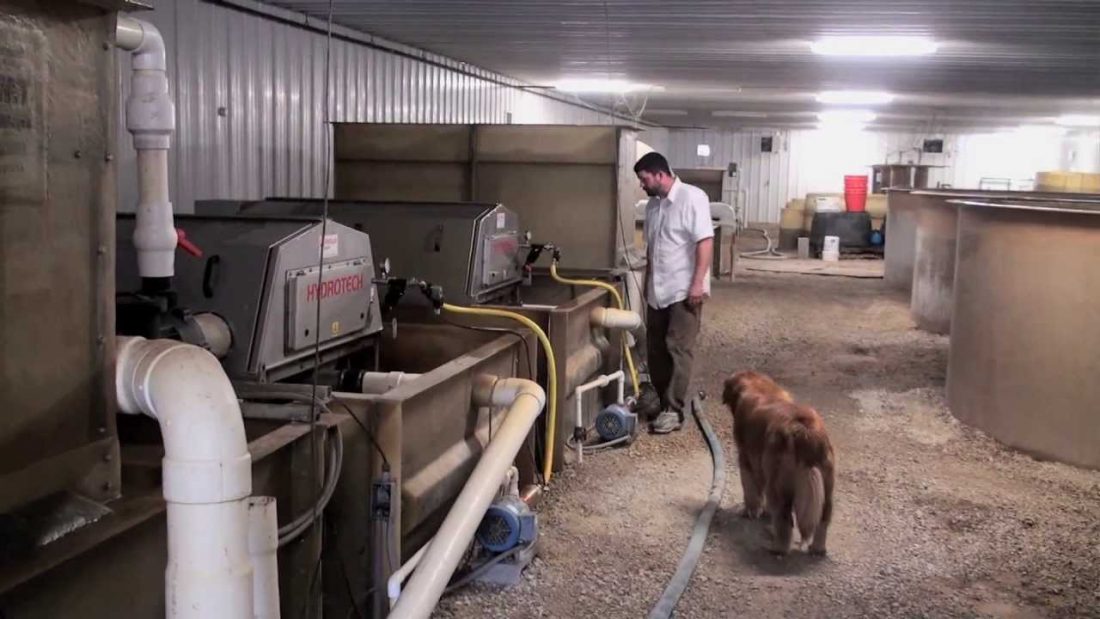
IISG staff will have the opportunity to see aquaculture in action next week while touring the Bell Aquaculture facility in Albany, IN. IISG’s Kwamena Quagrainie has been studying and providing expert advice to aquaculture operations in the Midwest and worldwide for many years, and will be giving the staff more information on how the facility provides millions of pounds of sustainably grown fish to the market each year.
Aquaculture has been a growing food field in the state of Indiana, and a recent feasibility study funded in part by IISG (available online soon at our research projects page) shows that it may have significant potential in Illinois as well.
Additionally, Purdue University produced this great video about aquaponics, which is an extension of aquaculture where fish and plants are raised sustainably and simultaneously in a mutually beneficial system.
Learn more about aquaculture on our aquaculture page.

